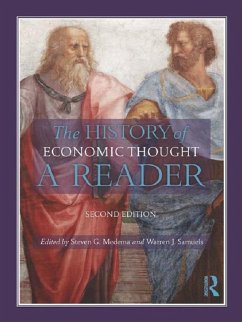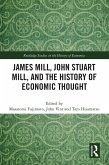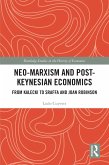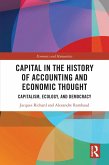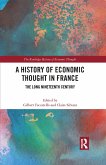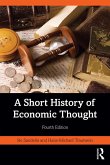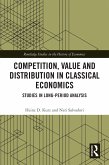From the ancients to the moderns, questions of economic theory and policy have been an important part of intellectual and public debate, engaging the attention of some of history's greatest minds. This book brings together readings from more than two thousand years of writings on economic subjects. Through these selections, the reader can see first-hand how the great minds of past grappled with some of the central social and economic issues of their times and, in the process, enhanced our understanding of how economic systems function.
Dieser Download kann aus rechtlichen Gründen nur mit Rechnungsadresse in A, B, BG, CY, CZ, D, DK, EW, E, FIN, F, GR, HR, H, IRL, I, LT, L, LR, M, NL, PL, P, R, S, SLO, SK ausgeliefert werden.

